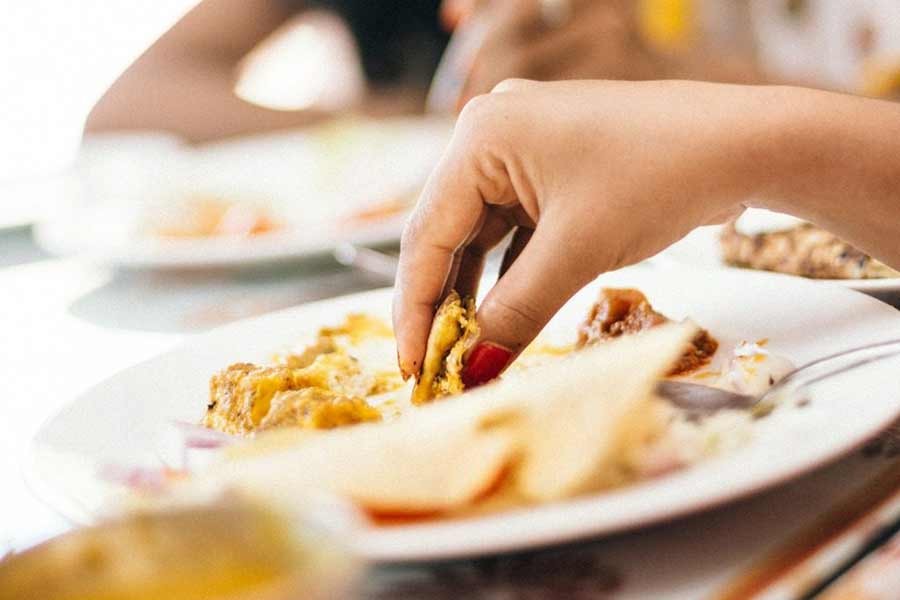In our country, it is a common scenario in a marriage ceremony that someone has taken a plateful of food items, eating each of them in an unpleasant way, contemporarily talking with food in his mouth, criticising the whole arrangement.
The server is often not appropriately treated, the table gets randomly dirty with leftovers, a huge amount of food gets wasted and so on. None of these is included to any set of manners from any corner of the world.
There are several etiquettes for attending a dining event, which express one’s manners. So, these dining etiquettes should be learnt and applied, whether it is a party or a restaurant, formal dining or informal.
Prior to the event
After getting the invitation, it is better not to ask whether guests are allowed or not. But if the invitation is for the family, then it will be better to ask if the children are included in the invitation. If so, then it should be made sure that the children know the basic etiquettes properly.
Getting started
If the dinner party is formal and seats are decided previously, then one must sit on the seat settled for him/her. If the seat is not settled, it will be good to ask the host if there is any seating preference.
If the host also joins the meal, it is better to wait until he sits. And, if the culture demands any type of prayer, then even if the invited person does not follow that particular belief, he/she should remain silent and pay respect.
Napkin
The invited people usually unfold their napkin and place it on the lap right after the host does so. In the case of restaurants, it is better to place the napkin on the lap after getting seated.
When to eat
After all the members of the group are served, one should pick up the fork or start eating. In the case of a buffet, one may start eating after each seat of the table gets filled.
Eating etiquettes
The dishes on the table should move counter-clockwise. Besides, it seems uncivilised to reach across the table for anything. Instead, the closest person to that thing should be asked gently. One must use serving utensils, obviously not his own ones to take food.
It is better to turn the cellphone off, or at least keep it silent. One must not talk with food in the mouth. If any question is asked, it should be answered only after swallowing the food.
It is good to taste the food before adding salt, pepper or any other seasoning. Any type of complaining or criticising must not be done.
If utensils are used, it is better not to cut all the food. In case of using hands, it is proper not to mix everything at once. Also, try using utensils where everyone else are also using utensils.
Glasses should be held with the left hand. The food should never be blown. Also, eat at a decent speed, not too fast, not too slow.
It is better not to waste any food. Burping must be avoided. Last but not the least, don’t use toothpicks and dental floss at the table. Use it elsewhere if needed.
After the meal
It seems very uncivilised to eat and leave instantly. Instead, the host should be thanked, and the invited person should take at least one hour before leaving.
To sum up, dining etiquettes are made so that the consumption of food can be differentiated between humans and animals. So, these etiquettes must be obeyed to attend a healthy invitation.


